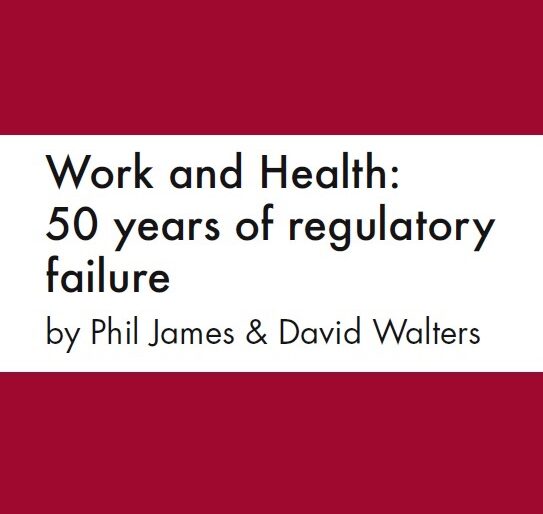David Walters
David Walters is Professor of Work Environment and Director, Cardiff Work Environment Research Centre, Cardiff University.
Phil James
Phil James is Professor of Employment Relations at Middlesex University. He has researched and written extensively on a wide variety... Read more »












Devolution of employment legislation: new approaches